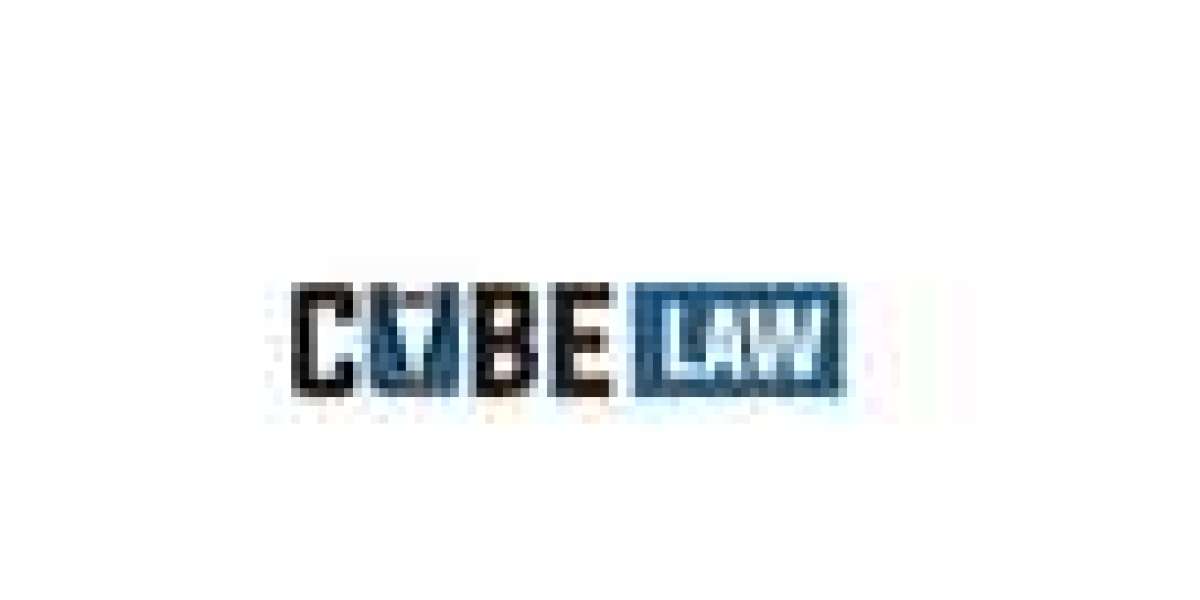You can run a business of any scale in British Columbia. However, running a fresh business from scratch is quite a task. If you wish to bypass the struggles of starting a new business, you can buy a business in British Columbia. This, too, is a process that requires patience, vigilance, and professional support. An entrepreneur wanting to buy an existing business should consider multiple financial and legal implications before purchasing.
Before you take any major step, here are the important stages involved in buying a business in British Columbia:
- Look For An Ideal Business Asset
The first step of your journey should be finding the right business asset. You can always start by choosing the industry you want to operate in. If you're going to continue a venture you already have, you can look for an asset in the same industry. If not, you can foray into a new territory.
Once you have the industry you want to be a part of, you can start exploring the most suitable business assets in British Columbia. Explore business marketplaces, talk to business brokers, and search all relevant options that give you the business asset you are looking for. Your corporate lawyer will help you find the right option at this stage.
- Conduct Due Diligence
After finding the right business asset, you should thoroughly evaluate it. Here are a few factors you should focus on while conducting a due diligence:
- Contracts: Examine all the existing contracts that involve the concerned business. These contracts can include supplier agreements, customer contracts, leases, employment agreements, and many more.
- Corporate Records: You should also assess the corporate records of the company you wish to buy, including incorporation documents, bylaws, shareholder records, etc.
- Compliance: Before you buy the business, ensure that it complies with the laws and regulations of British Columbia.
- Intellectual Property Rights: Make sure you assess the ownership and validity of a business’s intellectual property before purchasing it. These assets include patents, copyrights, trademarks, and more.
- Litigations: Go through the company’s ongoing of potential legal issues with your lawyer’s help for a transparent transaction.
- Go Ahead With The Valuation
After due diligence, you can continue with the calculation of a fair market value of the business you want to buy. Examine the company’s assets, liabilities, cash flow, financials, earning potential, and prevalent market conditions before buying it. You can always seek a professional valuator’s help to make an informed decision.
- Make An Offer
This is the stage where you can make your offer to buy the concerned business in British Columbia. Start by sending a letter of intent (LOI) to the existing business owner. The LOI is a non-binding document that contains your proposed terms. Ensure that the document deals with terms related to the price you wish to pay, the terms of payment, the payment timeline, and more.
Moreover, you will need to consult your lawyer and/or accountant to decide if you want to purchase shares or assets of the company. These professionals will help you consider the tax implications of the option you choose.
- Sign The Purchase Agreement
After you make an offer and the seller agrees with it, you can review and sign the purchase agreement. This document will highlight almost every important term related to your deal.
Have a look at some of these terms:
- Assets And Liabilities: The purchase agreement will enlist all the assets and liabilities of the business you wish to purchase.
- Representations And Warranties: The agreement will also have provisions about the statements the seller makes about their business. You can take legal action if these statements are false.
- Indemnities: It will contain provisions about the seller compensating you for your losses after you purchase the business.
- Closing Conditions: This section deals with the conditions you and the seller should meet to finalize the purchase.
- Regulatory And Third-party Approvals
Depending on the industry you wish to enter and the business you want to purchase, you may need to seek consent from government agencies in British Columbia. You may also need consent from third parties for contracts like customer agreements and leases. Ensure that you receive these approvals before buying the business.
- Close The Deal
Once you receive all the necessary approvals, you can finally close the deal and purchase the business. Before you do that, fulfill any outstanding obligations to assume new ownership.
- Fulfill Post-deal Obligations
You will be in a transition period after purchasing the business. This is when you will need to get familiarized with the company and its operations. This is also the stage where you will be required to fulfill obligations like notifying creditors, transferring licenses, filing specific documents with government agencies, and more.
Receive Holistic Legal Help In Buying A Business In British Columbia With Cube Law
If you wish to buy a business in British Columbia, Cube Law will provide you with all the legal support you need. Our team of lawyers will guide you throughout the buying journey, helping you with all the legalities along the way. With Cube Law, you will make informed decisions and comply with all the laws and regulations applications in British Columbia.
(Please note that this content is for informative purposes only. Do not consider this legal advice from Cube Law.)








